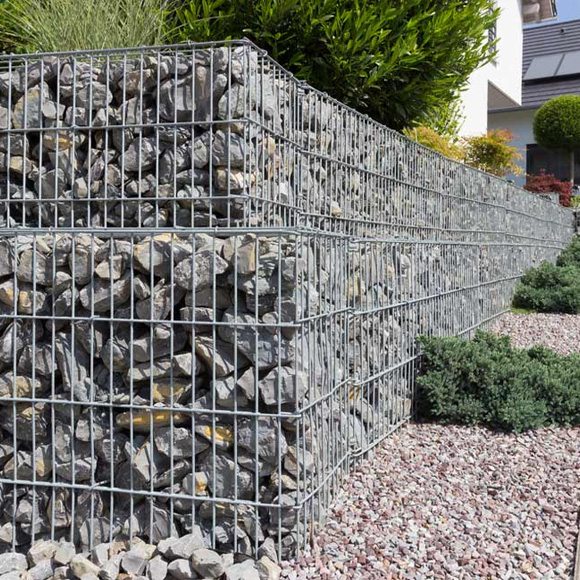aug. . 13, 2024 18:26 Back to list
Explore High-Quality Gabion Solutions from Leading Suppliers for Your Landscaping and Construction Needs
Gabion Supplier Enhancing Infrastructure with Versatile Solutions
In recent years, gabions have emerged as a versatile and effective solution for various construction and landscaping projects. A gabion typically refers to a cage or container made of wire mesh, filled with rock, concrete, or other materials. These structures are widely used for erosion control, retaining walls, noise barriers, and decorative landscaping. As the demand for sustainable and durable building solutions rises, the role of a gabion supplier becomes increasingly important.
The Importance of Choosing a Reliable Gabion Supplier
When selecting a gabion supplier, several factors should be considered to ensure the quality and reliability of the products. A trustworthy supplier should provide high-quality materials that comply with industry standards. This includes not only the wire mesh used to construct gabion baskets but also the filling materials that can withstand environmental challenges.
Additionally, a reputable supplier should offer a range of sizes and styles of gabions to cater to various project needs. Customization options are also valuable, as they allow clients to design gabion structures that fit specific landscape requirements or aesthetic preferences.
Applications of Gabions
Gabions are used in numerous applications due to their practical benefits. For instance, in civil engineering, gabion walls are often employed for slope stabilization and to prevent soil erosion along riverbanks, hillsides, and roads. Their design allows for flexibility in landscaping and drainage, enabling water to flow through the structure while holding back soil and sediment.
gabion supplier

In addition, gabions are increasingly popular in architectural design. They add a unique aesthetic to properties, combining functionality with visual appeal. Gabion fences or walls can be used as a striking feature in gardens, parks, or commercial properties, often filled with visually interesting materials such as colored stones or recycled materials.
Environmental Benefits
Choosing gabion structures also aligns with sustainable construction practices. Since gabions can be filled with locally sourced materials, they often have a lower carbon footprint compared to traditional building methods. Furthermore, they promote natural vegetation growth and biodiversity by allowing water to permeate through their structure, reducing runoff and creating habitats for wildlife.
Customer Support and Expertise
The role of a gabion supplier extends beyond merely providing products; it also encompasses offering expert advice and support. A knowledgeable supplier can help clients assess their project requirements, recommend appropriate products, and provide installation guidance. This support is invaluable for both large-scale construction firms and individual homeowners.
Conclusion
The growing popularity of gabions in construction and landscaping reflects a shift towards sustainable, practical, and aesthetically pleasing solutions. A reliable gabion supplier plays a critical role in this landscape, providing high-quality products, expert advice, and excellent customer service. As the construction industry continues to evolve, embracing green practices and innovative materials, gabions are set to remain a fundamental element of infrastructure development, driving both functionality and beauty in our built environments. Whether for erosion control, sound barriers, or decorative elements, sourcing products from a reputable gabion supplier is key to the success of any project.
-
Why PVC Coated Gabion Mattress Is the Best Solution for Long-Term Erosion Control
NewsMay.23,2025
-
Gabion Wire Mesh: The Reinforced Solution for Modern Construction and Landscape Design
NewsMay.23,2025
-
Gabion Wall: The Flexible, Seismic-Resistant Solution for Modern Landscaping and Construction
NewsMay.23,2025
-
Gabion Wall Solutions: The Durable, Decorative, and Affordable Choice for Every Landscape
NewsMay.23,2025
-
Gabion Basket: The Durable and Flexible Alternative to Traditional Retaining Walls
NewsMay.23,2025
-
Gabion Basket: The Proven Solution for Slope Stability and Flood Control
NewsMay.23,2025
-
Versatility of Chain Link Fence Gabion
NewsMay.13,2025






